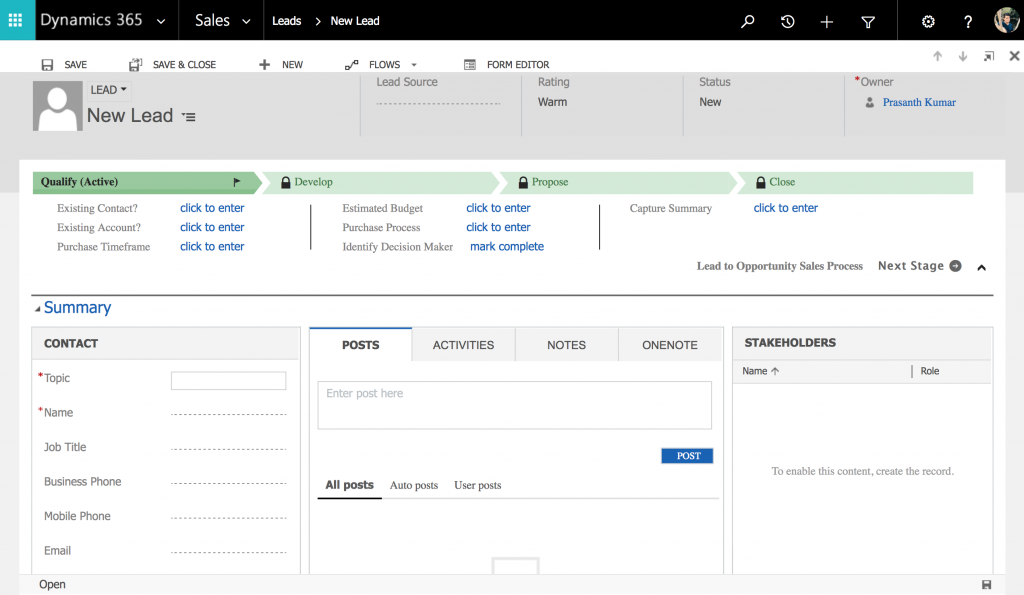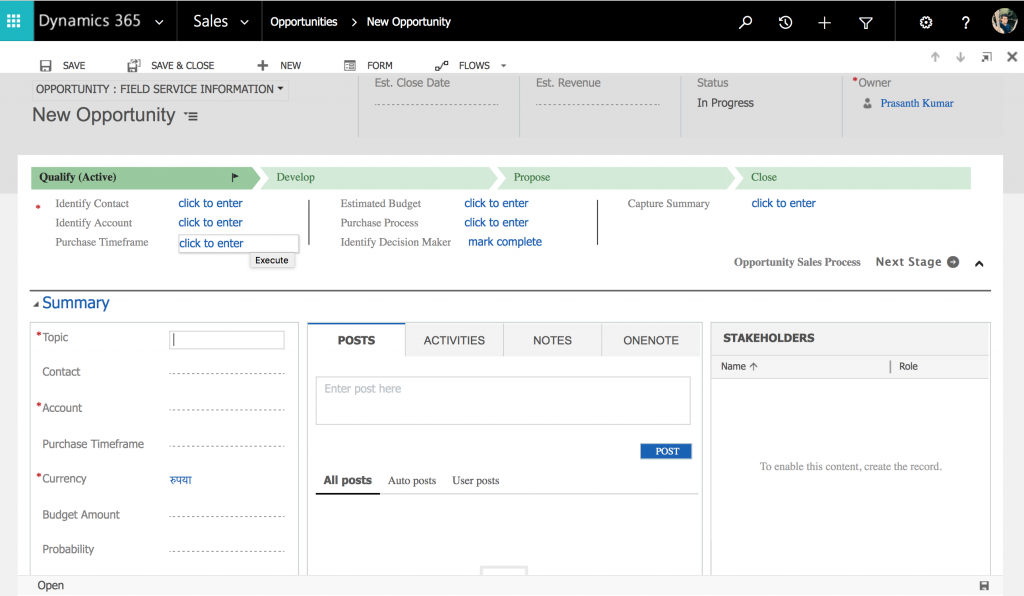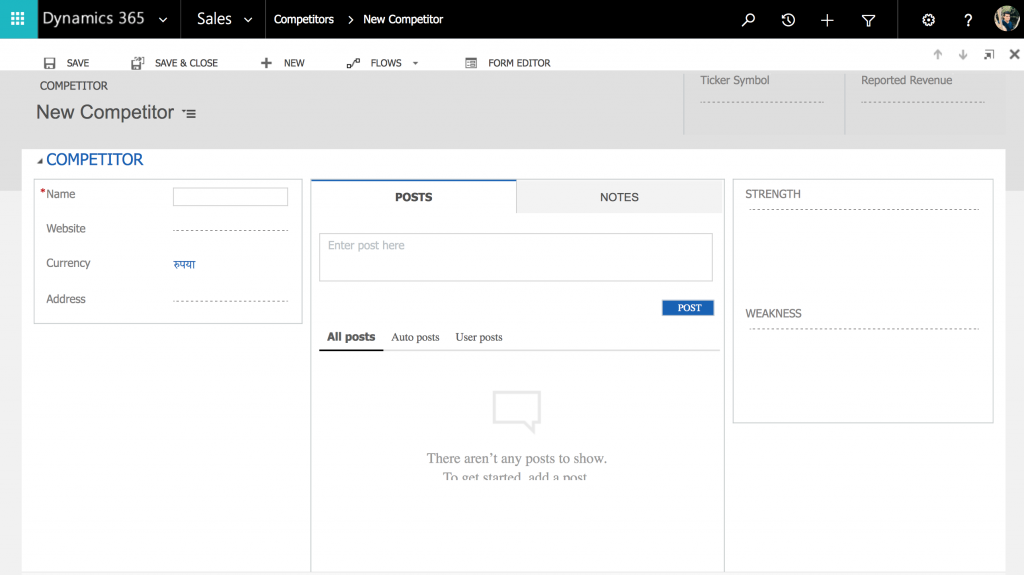Dynamics 365 Sales Entities
Microsoft Dynamics CRM Sales Entities are two types : Shared Entities and Sales specific entities. Dynamics CRM includes a set of entities that are shared across modules, as well as entities specific to sales in particular. In this Dynamics CRM tutorial, we are going to learn about Different Dynamics 365 Sales Entities.
What is an Entity?
Entity is like a database table, and the entity attributes correspond to the table columns. Entity in Microsoft Dynamics 365 has a set of attributes and each attribute represents a data item of a particular type. Dynamics 365 Sales entities are of two types they are Shared Entities and Sales Specific Entities.
Shared Entities.
Shared Entities are entities that are being used across multiple modules like Sales, Service and Marketing . Shared Entities are not specific to a certain module, they are tightly integrated with the functionality of each module. Shared Entities in Dynamics CRM are Account and Contact are the shared entities, which span across the whole platform and tightly integrate with all modules.
The given below shows the standard New Account form in Microsoft Dynamics 365.
Sales specific Entities
Sales specific entities are entities that are used mainly within the sales module only. Some of the Sales specific entities are Leads, Opportunities, Competitors, Quotes, Orders, Invoices, Products, Sales Literature, Goals and Goal Metrics.
Lead entity
The Leads entity is a representation of a person or organization interested in the company’s products and/or services. The lead entity is meant to track a potential customer that has not been yet qualified. It will track all communication activities through possible qualification.
- The given below shows the standard New Lead form in Microsoft Dynamics 365.

Opportunity entity
Opportunity entity is meant to store a potential sale to a new or existing customer. It is used by sales staff to keep track and forecast sales engagements they are working on. An opportunity can be created directly in the system, or generated as a result of qualifying a Lead.
- The given below shows the standard New Opportunity form in Microsoft Dynamics 365.

Quote Entity
The Quote entity represents an offer of products and/or services at a predetermined price. In addition, payment terms are associated with the respective quote.
Order entity
The Order entity is in fact a Quote that has been accepted by a customer. They can be created from a Quote, or directly as a new Order.
Invoice entity
An Invoice represents an Order that has been processed and billed.
Competitor entity
The Competitor entity stores details about another organization offering similar Products and/or Services. This allows us to associate a Competitor record throughout the sales cycle. In addition, we can store details about the competitor, including listing of their products, competing directly with our products, sales literature, and any other sales materials.
- The given below shows the standard New Competitor form in Microsoft Dynamics 365.

Product Entity
Part of the Product Catalogue entity, the Product is a record representing an individual Product or Service offered to customers. Products can be associated with Opportunities, Quotes, Orders, and Service Cases.
Sales Goal Entity
The Goals configuration and tracking process allows managers to monitor progress against targets. Taking advantage of the goal management processes across Sales, and other business aspects allows for better planning and growth of the business.
